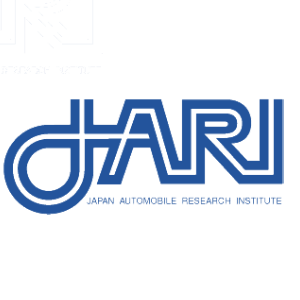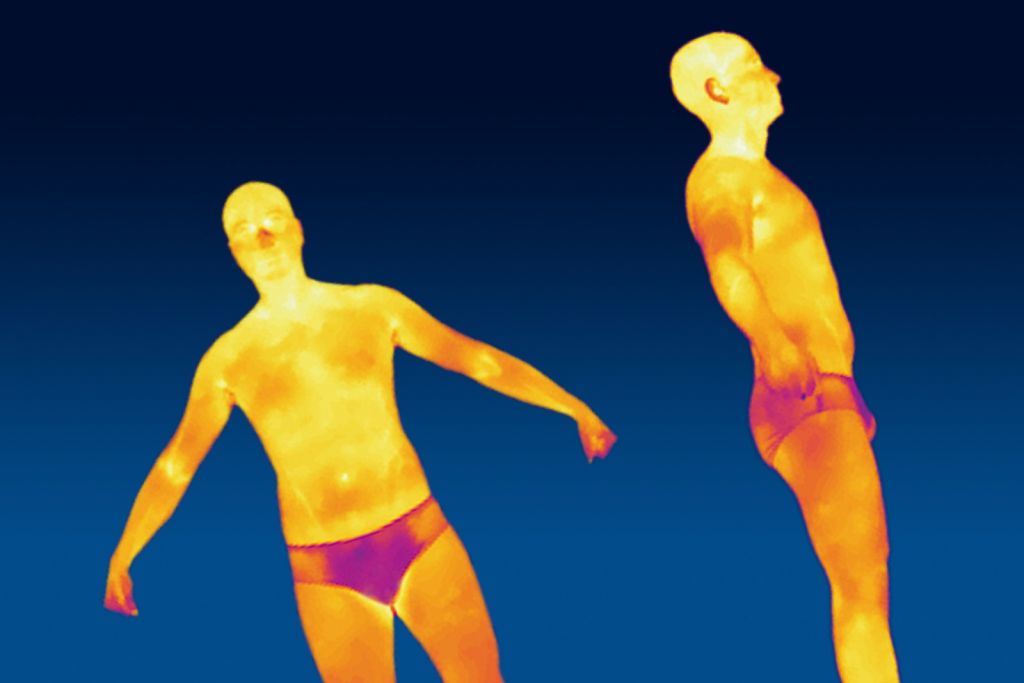
We provide the scientific foundations in terms of human factors and ergonomics so our clients can introduce the latest technology into their products and environments, ensuring the end user is satisfied and optimizing the cost-efficiency of the product developments.
The kinds of product we create include mathematical models and algorithms to predict comfort, fatigue and the human body’s reactions.
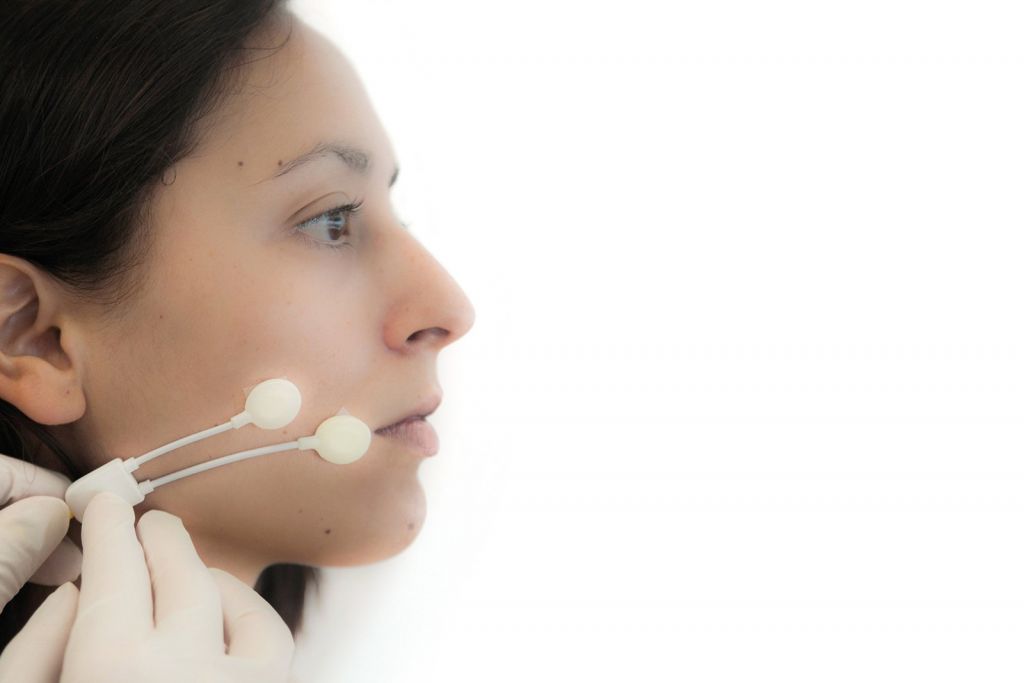
Based on the knowledge acquired, we analyze our clients’ solutions and put forward improvements to redesign them.
We explore the market to ascertain the potential users’ comfort and usability requirements for our clients’ products, conceptualizing sketches and prototypes of them.
We build technological prototypes that can be fitted on board a vehicle and physical models to learn if they are applicable in the initial phases of development.
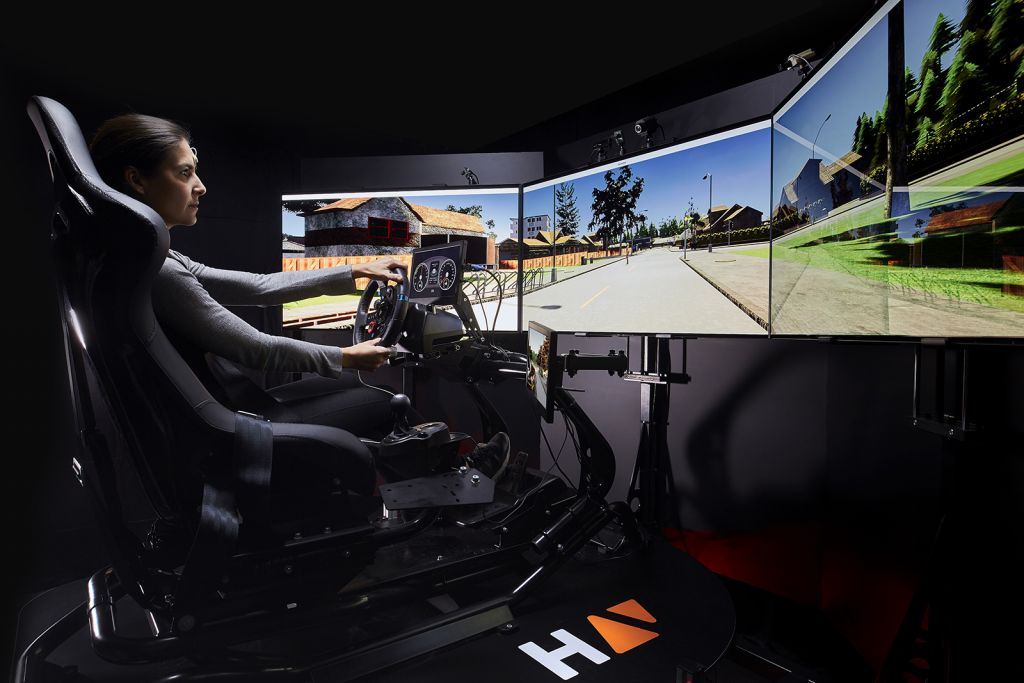
We carry out testing tailored to our clients’ needs and to meet regulations, accompanying the clients in the design processes and in improving their products.
Comfort testing. We do static, thermal, dynamic and acoustic testing on interior components.
Testing of on-board interaction systems. We assess the interfaces’ usability and their level of distraction, and the effectiveness of sensors and cameras in detecting the state of the driver and passengers in systems for comfort, safety and services.
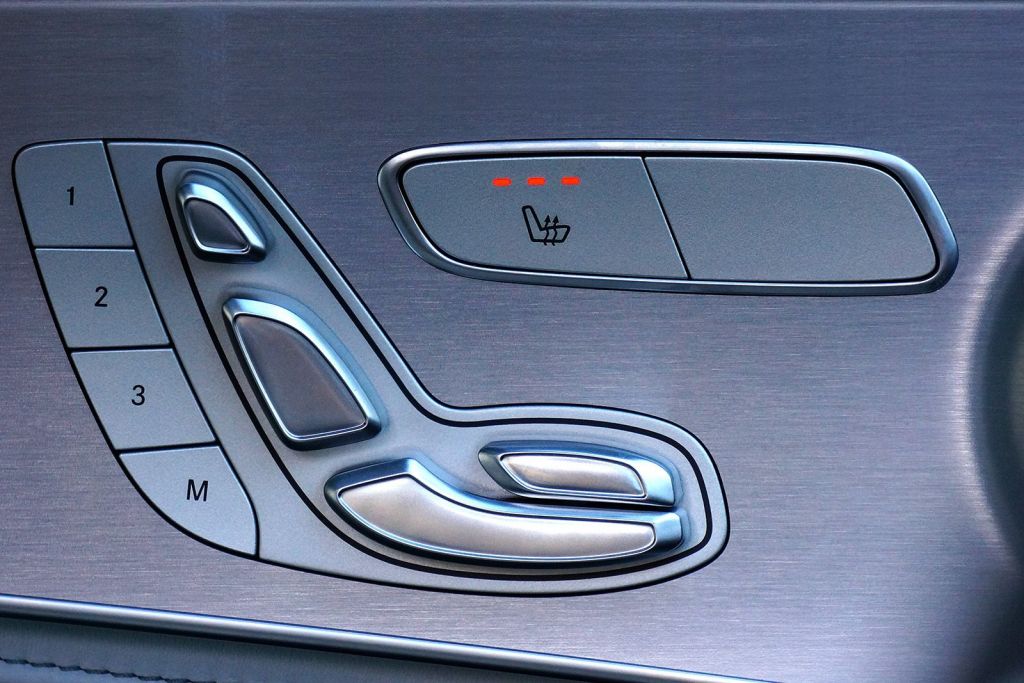
At IBV we provide training in methods, measuring systems and concepts of biomechanics applied to the development of interiors and on-board systems.
In close collaboration with a multi-disciplinary team of experts in ergonomics, design, human factors and user experience, we teach courses tailored to our clients’ needs.
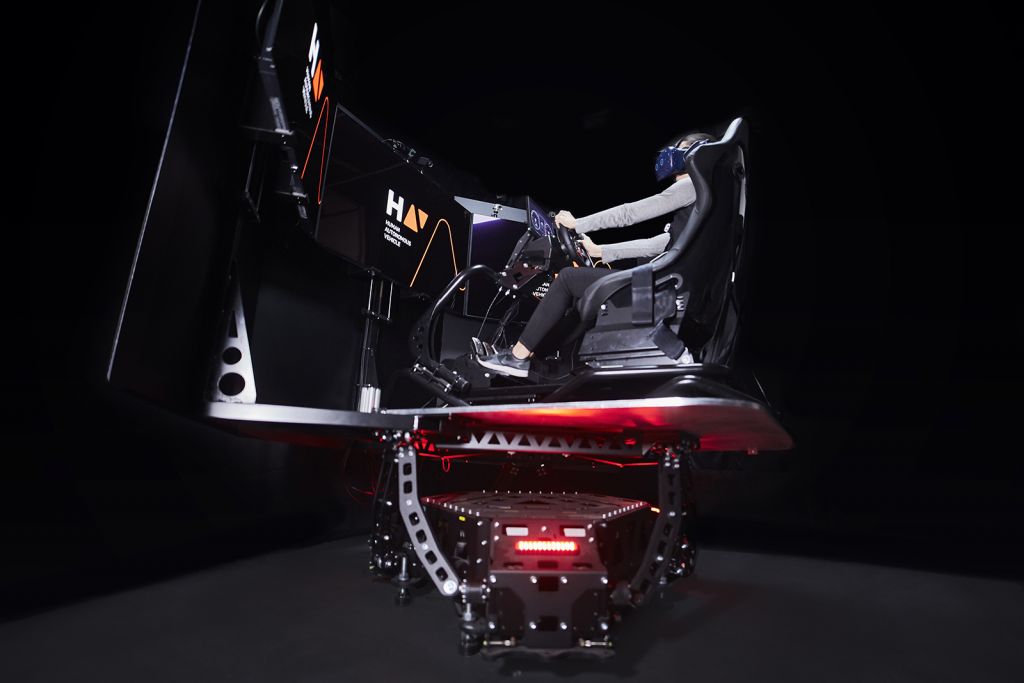
The challenges of the autonomous vehicle involve the development of new systems and technologies that will take control of the vehicle, so they require acceptance and understanding by future drivers and passengers. In these vehicles, the vital signs of the occupants will be monitored to determine their physical and emotional state. This information will be used to fine tune the decisions of the vehicle.
The Human Autonomous Vehicle (HAV) of the IBV is a complete dynamic driving simulator. HAV allows to emulate the behavior of a vehicle with different degrees of autonomy and to detect, in real time, the emotions of the occupants. The results will permit us to analyze, from the early design phases, what requirements must be met by the on-board monitoring and information systems.






















